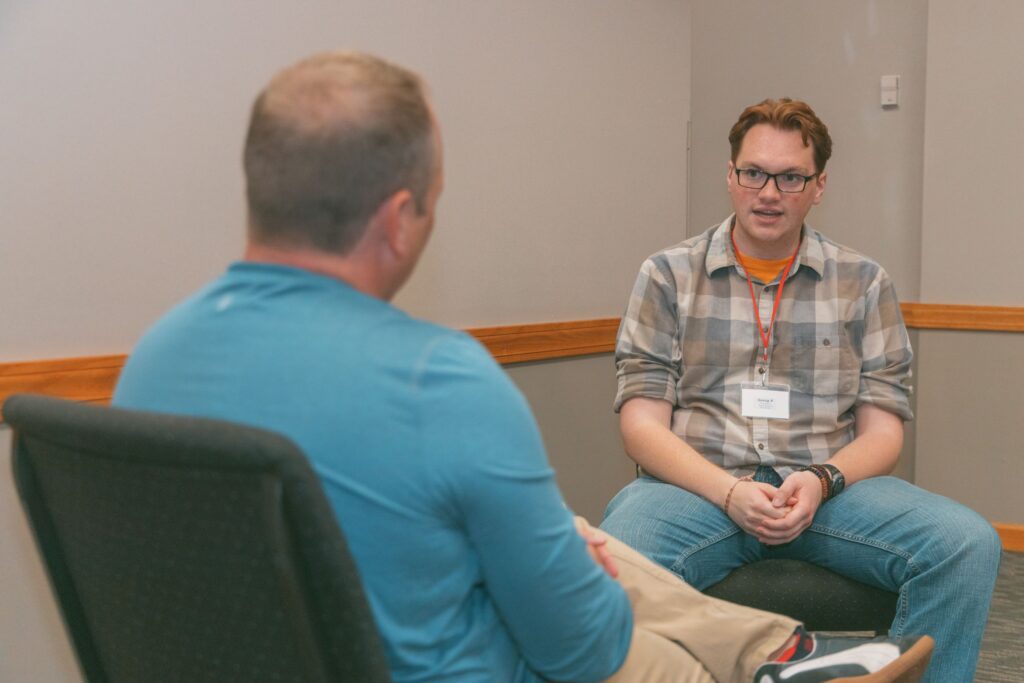What is a Therapist?
Because therapy is not a single profession, attempting to define the differences between a counselor vs therapist is dependent on their specific career. Pace described four types of mental health professionals often referred to as therapists: psychologists, social workers, psychiatrists, and as discussed above, clinical counselors.
Psychologists
“Psychology focuses on behavior within mental health, specializing in testing and research,” said Pace.
Those with psychology degrees can work in a number of professions, a few of which are human resources, school counselor, and forensic psychologist.
Social Workers
“Social work commonly emphasizes providing physical assistance to their clients through community,” said Pace.
Social workers with undergraduate and graduate levels may see clients under supervision. To work with clients without supervision present, they must be licensed at their state’s highest level. Each state has their own name for this license.
Psychiatrists
Psychiatry requires graduate medical training. Psychiatrists speak with clients to diagnose them and prescribe them appropriate medications.
Therapists, no matter their profession and licensure, use their training to improve their patients’ mental health and wellbeing. Different mental health professionals tailor their treatments depending on the specialized licensure they hold.
Are you wondering how to become a licensed therapist? The method to becoming a licensed therapist depends on the specific type of therapist you are interested in becoming.
Counselor vs Therapist: Which Career Path is Right for You?
Deciding on one of the many mental health professions can be difficult. But because of the abundance of choices, you’re likely to find just the right one for you.
Once you land on the best career path for yourself, the next step is to gain the required education to arrive at your dream job. Each mental health profession requires varying degrees of education.
Grace College offers an online master’s of Clinical Mental Health Counseling program which features an annual week-long residency for all of its students to apply their skills, deepen their knowledge, and connect with those in their cohort. We also offer a wide variety of undergraduate degrees in behavioral sciences. If Grace College’s mental health programs are what you are looking for, fill out our application today.





